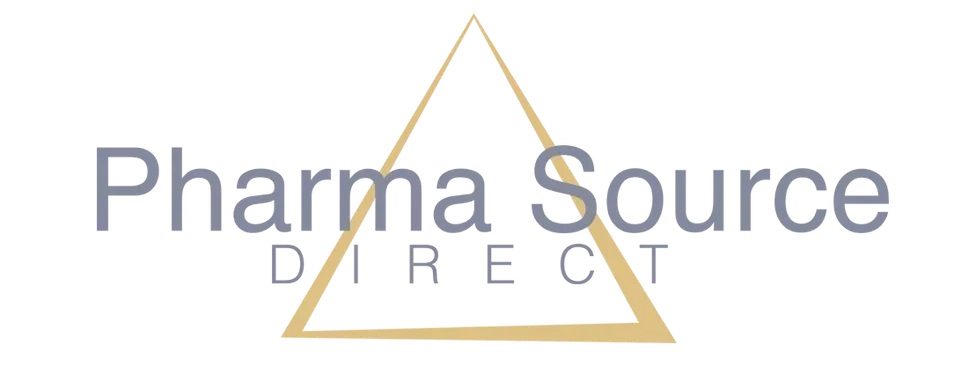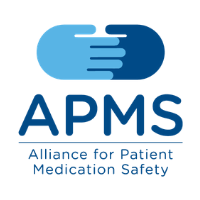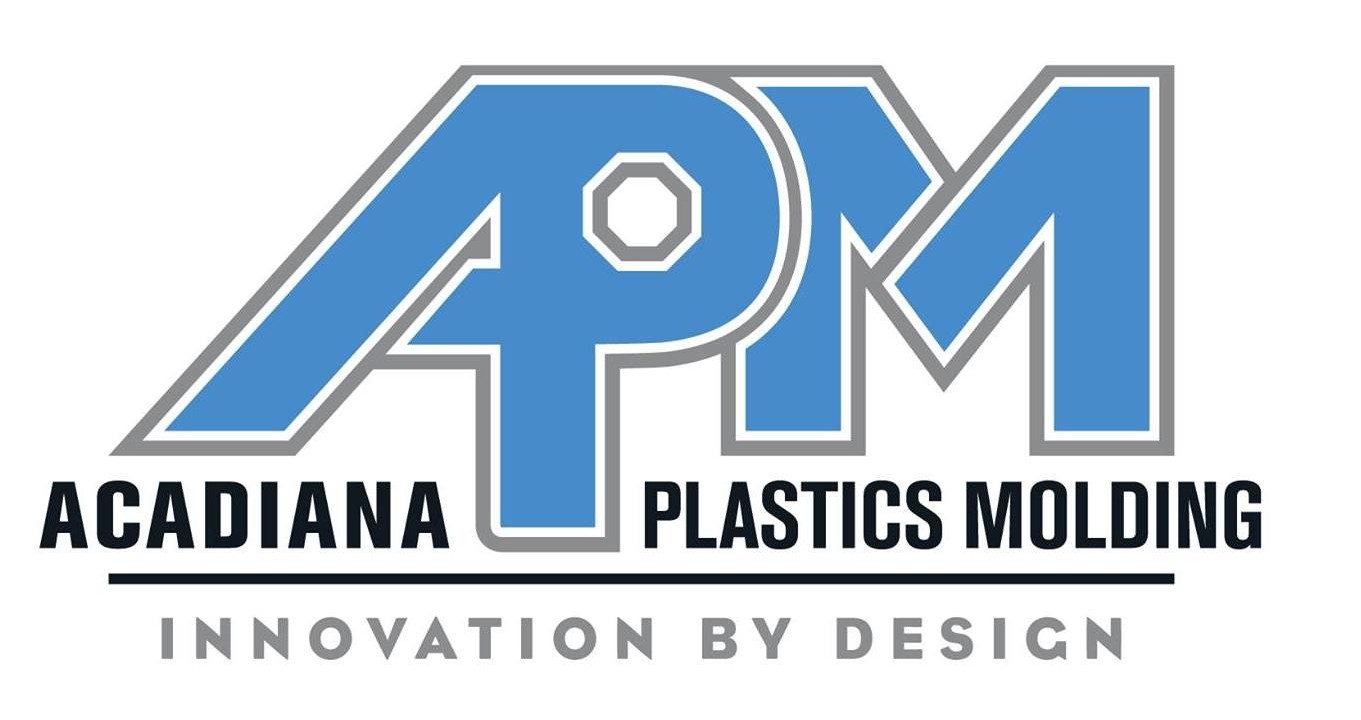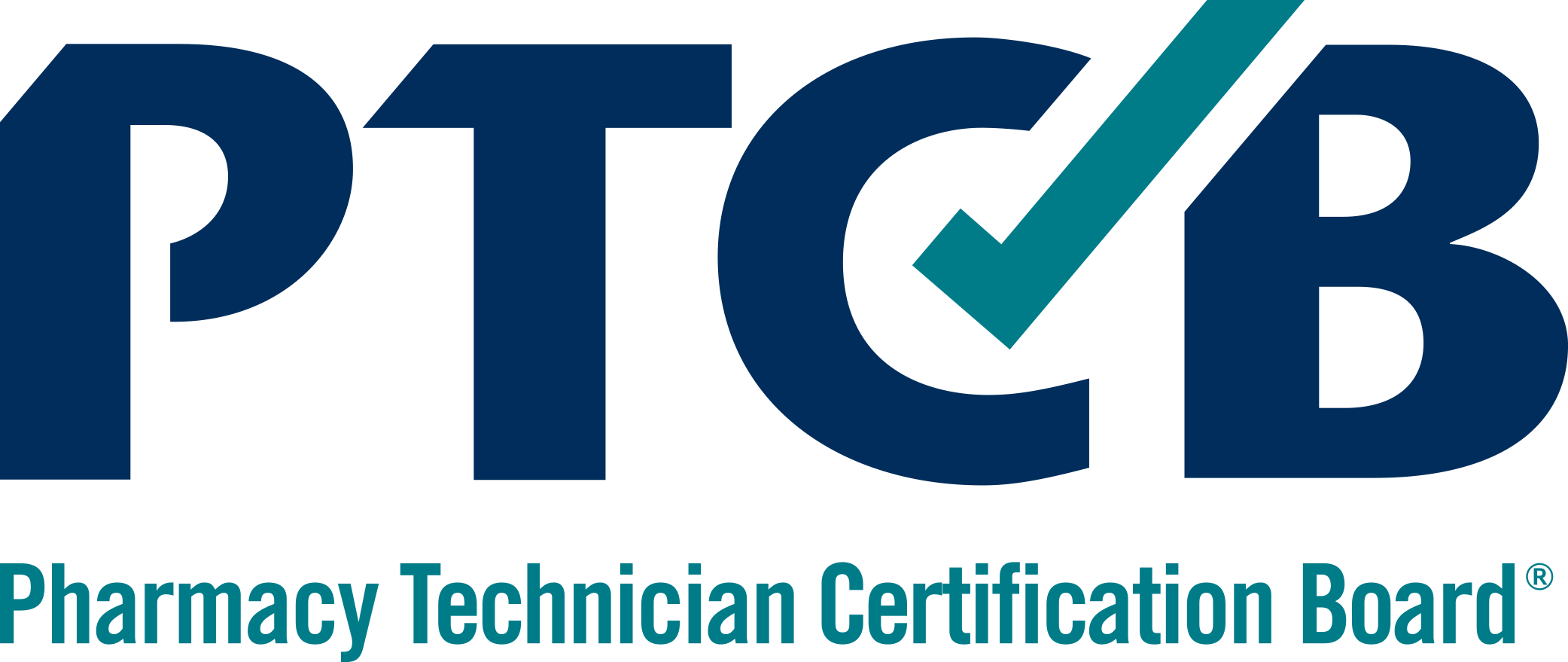What We Stand For
The Alliance for Pharmacy Compounding is a trade association. Our members are pharmacy compounding professionals, and we advocate for the profession and the patients it serves.
In the wake Jason Dearen’s Kill Shot (February 2021), a book in which APC is mentioned prominently, we think it’s important to enunciate what we stand for regarding the regulation of pharmacy compounding.
Dearen’s book tells the heart-breaking — and shameful — story of how 80 people died and hundreds more were made seriously ill by the callous actions of the New England Compounding Pharmacy in 2012. But in recounting how NECC was allowed again and again to flout state and federal law and regulation, the author seems to assert that had there been more regulation of what he calls our “shadowy industry,” the NECC tragedy would not have occurred. But that’s illogical. In truth, New England Compounding was a criminal operation that by Dearen’s own telling was stunningly unconcerned with the law at all.
Though Kill Shot‘s author labels pharmacy compounding as “shadowy,” in fact pharmacy compounding is a highly regulated profession — as it should be. That’s even more true since the NECC tragedy. In addition to the passage of the Drug Quality & Security Act in 2013, both state and federal regulators have strengthened regulations and inspection frequency for compounding pharmacies, and multiple credentialing organizations have incorporated standardization of SOPs and best practices into their programs, giving compounding pharmacies more structure to achieve absolute compliance. Yet the fact remains that the NECC tragedy would not have happened if NECC employees had not violated existing law and regulation. It would not have happened had existing law and regulation been more uniformly enforced by state boards of pharmacy and FDA well before the tragedy. Our argument was and remains: Fair and proper enforcement matters. No amount of regulation can prevent tragedies like NECC if law and regulation are not properly enforced.
For the thousands of honorable and ethical pharmacy compounders in America, the NECC tragedy was and continues to be an extraordinary disgrace and a woeful black eye on the profession. To this day, ethical pharmacy compounders who adhere to laws, regulations, and United State Pharmacopeial standards in the interest of treating their patients — and that’s the overwhelming majority of compounders, by the way — respond viscerally to NECC’s disregard for the patients it had a duty to care for; they remain incensed that NECC did what it did and was for so long allowed to get away with noncompliance with the law. There’s no doubt that bad actors in any profession damage the reputation of all in the profession.
That’s why APC, with the support of its members, continues to work hard to enunciate and hold its members accountable to the highest ethical standards — not only strict adherence to law, regulation, and the USP standards, but also compliance with a Code of Ethics. You can read more about that here.
In the years since the passage of DQSA, APC embraced the tenets of that statute, understanding that our members are not well served by the very sort of “shadowy” reputation author Dearen and others assert. Following is a general statement of our view of the current state of pharmacy compounding law and regulation.
Statement of APC position on the statutory and regulatory framework for pharmacy compounding
We advocate on behalf of patients whose health depends on and whose lives are enhanced by compounded medications. On behalf of those patients, as well as our members who prepare their medications, we advocate for a strong, science-based, practical regulatory framework that preserves the essential role of pure-ingredient pharmacy compounding in the healthcare system — as enshrined in the federal Food, Drug & Cosmetic Act and the Drug Quality & Security Act. We often find ourselves opposing FDA regulatory efforts that do not directly serve patient interests, including those that do not preserve the role of pharmacy compounding as defined in statute. But that doesn’t mean we’re opposed to regulation. Quite the contrary. The basis for our opposition to specific FDA actions is most often FDA efforts to exceed its mandate from Congress, sometimes even inappropriately manipulating the process in order to get the research or results it wants. Evidence of FDA’s overreach includes:
- Conflating the definitions of “distribute” and “dispense” in the mandated Memorandum of Understanding with states in a manner not contemplated or stipulated by Congress in the statute, thus inserting FDA in the traditionally state-regulated purview of pharmacy dispensing.
- Interfering inappropriately (and perhaps illegally) in the formation, function, and recommendations of the NASEM cBHT Report, titled The Clinical Utility of Compounded Bioidentical Hormone Therapy.
- Proposed limitations on compounding from pure ingredients for animal patients via a draft Guidance for Industry document that seeks to restrict patient access to compounded medications without authority from Congress.
We defend patient access to compounded preparations and the right of pharmacy compounders to prepare medications from pure ingredients under the law. FDA’s ongoing efforts to require that both human and animal compounding begin with manufactured drugs rather than pure active pharmaceutical ingredient sourced from FDA-registered providers run counter to the law, the practice of medicine, and clearly identified patient need, not to mention important practical considerations regarding dosage strength and affordability.
We note and support the right of prescribers to determine the proper course of treatment or therapy for their patients, including, when appropriate, the prescribing of compounded medications. Further, we honor and uphold the triad relationship between prescriber, pharmacist, and patient in determining a patient’s care, acknowledging that the prescriber relies on his or her judgment in prescribing care and it is not the compounder’s role to make that determination. FDA has no mandate in law to infringe upon via its regulations a prescriber’s medical judgment — or indeed, the prescriber’s right and ability to practice medicine.
We affirm and advocate for the continued regulation of pharmacy dispensing — that is, the preparation of compounded medications pursuant to a patient-specific prescription — by state boards of pharmacy, not by FDA. Likewise, we support FDA oversight of pharmacy distributions — that is, the preparation and distribution of compounded medications to hospitals, clinics, and physician offices without a prescription — as well as the registration of 503B outsourcing facilities with FDA. That distinction between dispensing and distribution is rooted in federal law, as well as pharmacy license law in many states, and we assert that FDA does not have the authority to conflate the definitions of those terms via regulation, nor to assert itself in in the traditional practice of patient-specific dispensing, long the purview of state boards of pharmacy.
We recognize, value and defend the requirement that 503A compounding pharmacies may only dispense compounded medications pursuant to a patient-specific prescription. We also recognize that the path FDA created in 2020, under temporary guidance during the pandemic, for 503As to source certain shortage COVID medications to hospitals when those preparations are unavailable from 503Bs was and is much needed, and should be expanded, under the same very stringent guardrails FDA mandates, to allow other shortage drugs to be prepared and distributed to medical offices to meet patient need. Why? Because economic models under which 503Bs can prepare many shortage drugs for a short duration of time simply don’t and won’t exist, resulting in patients unable to access essential medications that are in shortage.
We support the role of 503B facilities that adhere to cGMP to prepare and distribute compounded medications to hospitals, clinics and physician practices without a patient-specific prescription. As stated above, we also note that economic models under which 503Bs can prepare many drugs simply don’t yet exist. FDA has done little to incentivize a stable 503B marketplace — with economic incentives for preparing many much-utilized compounded preparations for which there is no workable economic model — and in fact has disincentivized it via their continual foot-dragging in approving a 503B bulks list of substances that may be compounded by 503Bs.
We support the compounding of drug substances for which there is an applicable USP monograph, including dietary supplements. Despite the fact that dietary supplements may be purchased at any local health food store without a prescription, FDA continues to draw an arbitrary distinction between dietary supplement monographs and drug monographs and prohibits compounding with them (even when they are sourced from FDA-registered manufacturers) — a distinction not made in the FD&C Act and DQSA and never mentioned in congressional hearings.
We support without condition FDA’s Guidance for Industry document on preventing insanitary conditions in compounding pharmacies and facilities. Full compliance on this matter is absolutely essential for patient safety. Equally essential is that FDA and state inspectors be properly trained and knowledgeable of the appertaining regulations that distinguish compliance by 503A pharmacies from that of 503B outsourcing facilities. Based on their carve-out in the FD&C Act and DQSA, it is unacceptable that 503A pharmacies be held to the cGMP standard.
We acknowledge the need and opportunity to strengthen adverse event reporting in pharmacy compounding and would welcome a good-faith collaboration with state boards of pharmacy and FDA to create a proper framework. However, FDA’s ongoing assertion that any unexpected patient reaction to a compounded preparation should be treated as a serious adverse event is simply unacceptable.
Moreover, we’d welcome a conversation — a real conversation — with FDA and state boards about stronger labeling requirements for compounded medications that inform patients. Any such conversation would need to start with acknowledgement that the variety of formulations in compounding make complete standardization difficult if not impossible. Still, we’d like to think that middle ground could be found.
We also support and recommend the accreditation of compounding pharmacies by entities such as the Accreditation Commission for Health Care as a means of elevating compliance and professionalism, and we further recommend that FDA consider how accreditation may help address some of the agency’s ongoing concerns about regulatory compliance.
Lastly, APC would support developing model legislation consistent with that in effect in California, Texas, and Florida, whereby at time of licensure and renewal, compounding pharmacies affirm to the state board of pharmacy which pharmacy compounding services that pharmacy provides. This would meet an identified need for state regulators to have better data on pharmacies that compound.
This document is also available as a PDF.
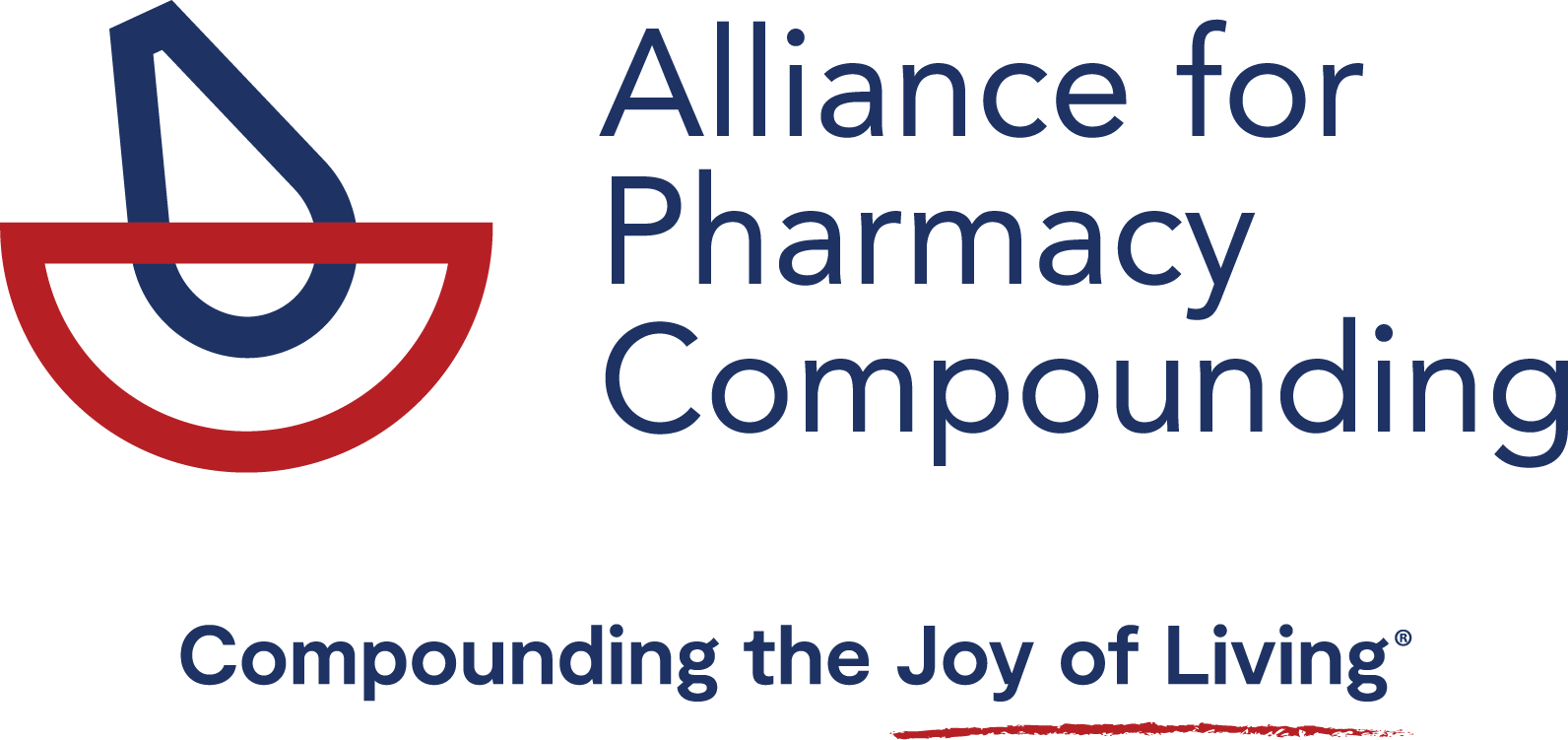




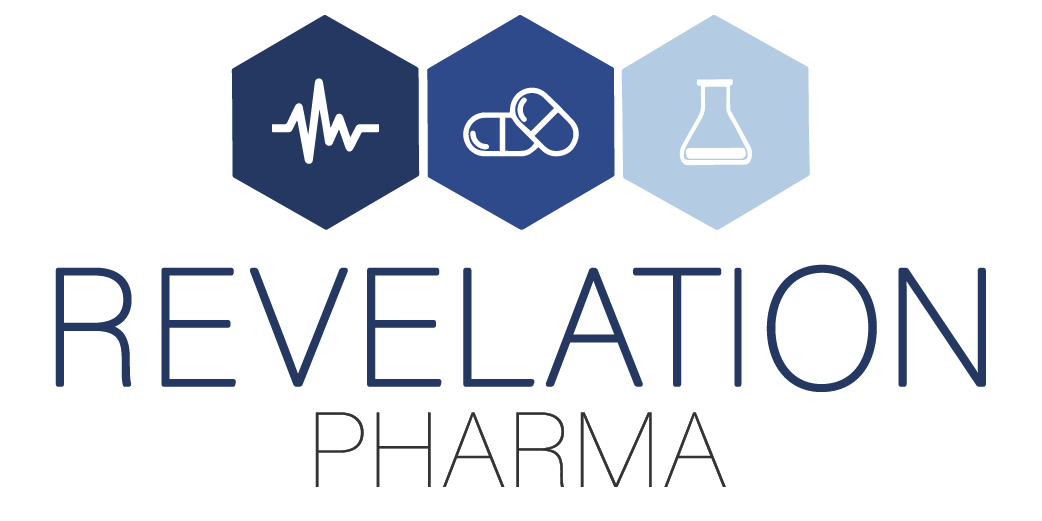

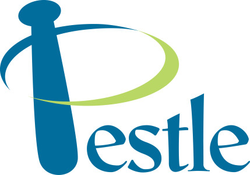


![Topi-CLICK a Division of TEAM Outlines[1]](https://a4pc.org/files/Topi-CLICK-a-Division-of-TEAM-Outlines1.png)






